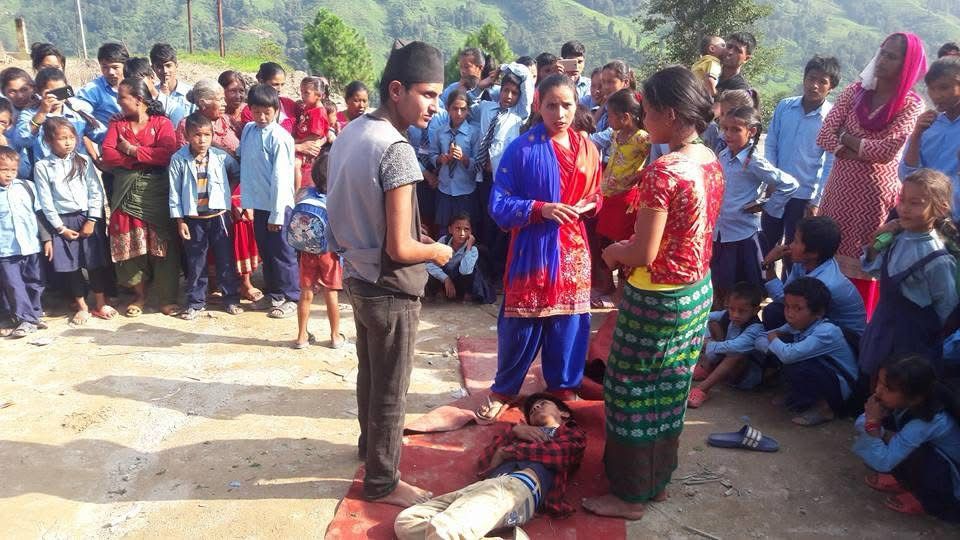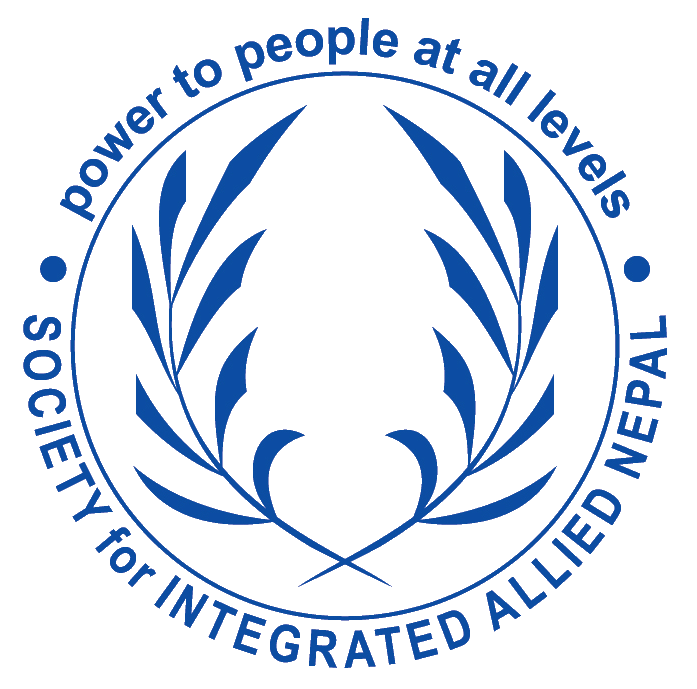
WASH
- Build the capacity of local people in using WASH technologies and developing improved water and sanitation facilities.
- Ensure water quality, protect the environment, and support communities in claiming their rights to water and good governance.
- Strengthen the WASH facilities at School and Government Health facilities, repair, maintenance and support
- Construction of Community and Individual Tube well and handover
- Run WASH awareness session in community
- Support in Post ODF activities
- Engage ministries and their line agencies integrating WASH into education, local development and, health programs.
- Run Hygiene promotion programs to achieve sustainable changes in key hygiene practices to reduce major WASH related diseases.
- Collaborate with communities and local agencies to enhance their knowledge and skills in sanitation and hygiene management.
- Strengthen the capacity of partners and sector-based stakeholders to effectively cope with and address sanitation and hygiene issues.





